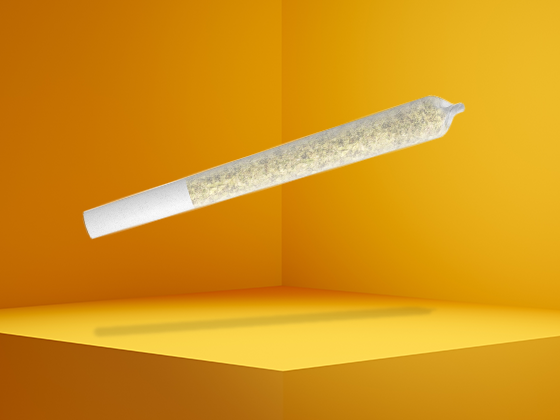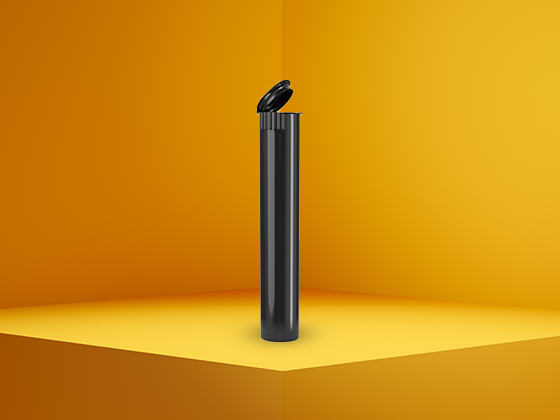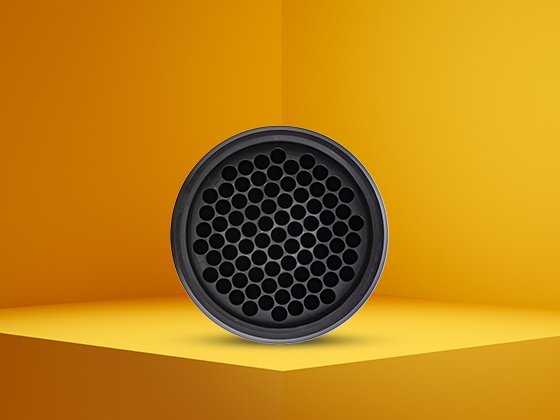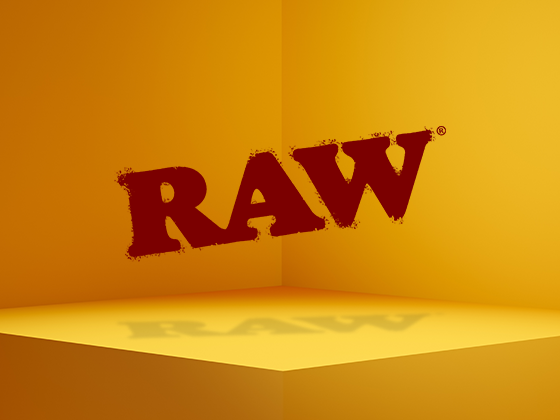Resources
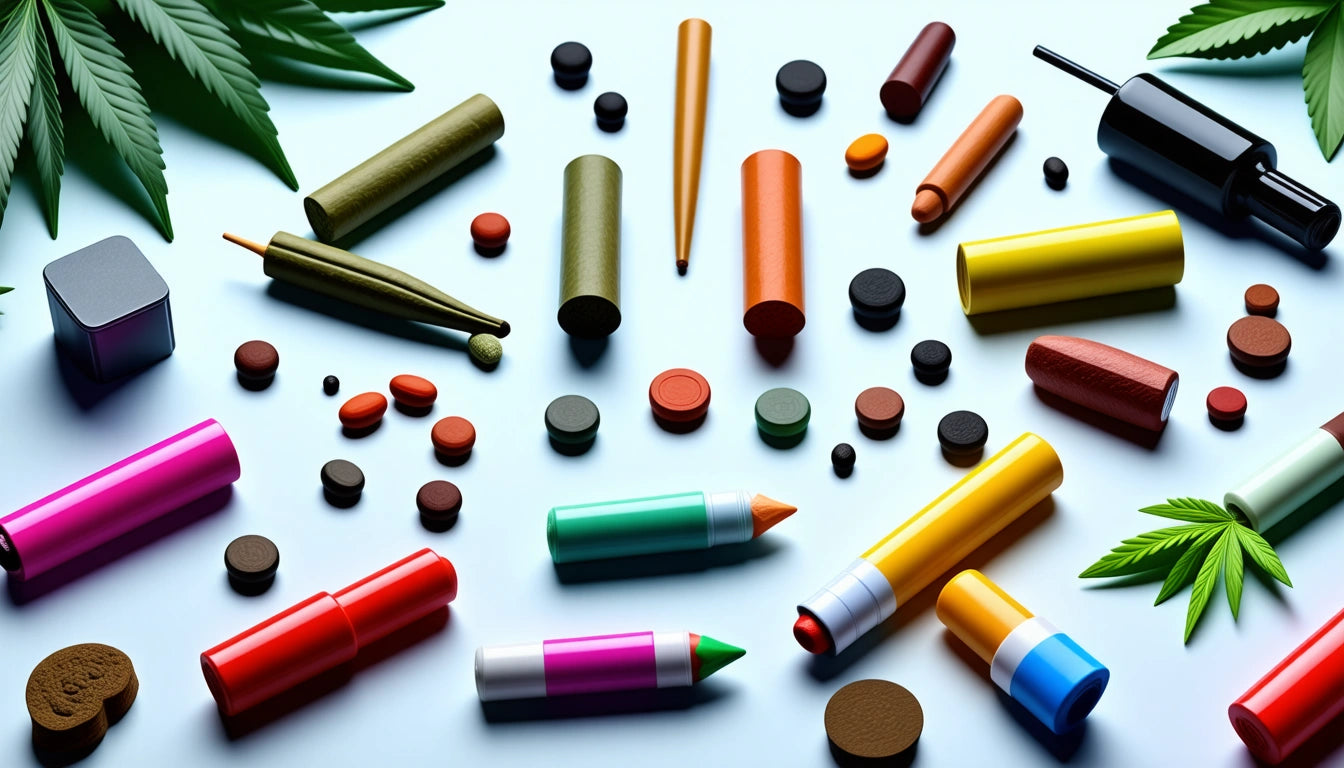
business tips
Understanding the Cost of Prerolls: A Comprehensive Guide
Table of Contents
Average Preroll Costs Across Dispensaries
Factors Affecting Preroll Prices
Preroll Types and Their Price Points
Regional Price Variations for Prerolls
Maximizing Value When Purchasing Prerolls
For both new and experienced cannabis consumers, understanding how much prerolls cost can help make informed purchasing decisions. Prerolls offer convenience and consistency, but their prices vary widely based on several factors. This guide breaks down what influences preroll pricing and what you can expect to pay at dispensaries across different regions.Average Preroll Costs Across DispensariesThe cost of a standard preroll typically ranges from $5 to $15 for a single gram joint. However, premium options, infused varieties, or multi-packs can cost anywhere from $20 to $50 or more. According to market data, the national average price for a basic one-gram preroll hovers around $10-12 in legal markets.For bulk purchases, many dispensaries offer preroll packs (typically containing 5-7 joints) at discounted rates, usually between $30-$60 depending on quality and market. These multi-packs often provide better value compared to purchasing individual prerolls.Factors Affecting Preroll PricesFlower Quality and PotencyThe quality of cannabis flower used significantly impacts how much a preroll costs. Budget prerolls often contain trim or shake (leftover plant material), while premium options use high-quality flower from specific strains. THC percentage and overall potency also influence pricing, with higher-potency options generally commanding higher prices.Size and Weight ConsiderationsStandard prerolls contain about one gram of cannabis, but preroll weights can vary significantly. Mini prerolls (0.3-0.5g) typically cost $3-7, while larger options (2g+) can range from $20-30. Understanding these weight variations helps consumers compare prices more effectively.Brand Reputation and PackagingEstablished cannabis brands often charge premium prices for their prerolls. This premium reflects not just quality assurance but also investments in compliant packaging. Many top-tier products use specialized child-resistant packaging that meets safety regulations, as outlined in consumer safety guidelines for proper packaging standards, which adds to production costs but ensures product safety.Highlight: The average cost of a standard one-gram preroll ranges from $5-15, while premium or infused options can cost $15-25 or more per unit.Preroll Types and Their Price PointsStandard PrerollsBasic prerolls containing ground cannabis flower typically cost $5-15 depending on quality and location. These represent the entry-level option for most consumers and are widely available at dispensaries.Infused PrerollsInfused prerolls, which contain concentrates, kief, or oils for enhanced potency, command higher prices. These specialty products typically cost $15-30 per unit, with some premium options reaching $40 or more. The additional processing and higher THC content justify the increased price point.Blunts and Specialty RollsCannabis blunts (wrapped in tobacco leaf or hemp) and other specialty rolls generally cost more than standard paper joints. Pre-rolled blunts typically cost $10-25 each, with premium options reaching $30 or more, particularly for larger sizes containing 2+ grams.Regional Price Variations for PrerollsCannabis prices vary significantly by location due to state regulations, taxes, and market maturity:
Mature Markets (Colorado, Oregon, Washington): More competitive pricing with standard prerolls often available for $5-10
Newer Markets (Illinois, Massachusetts): Higher prices with basic prerolls starting at $12-18
Limited License States (Florida, New York): Premium pricing with standard prerolls often costing $15-25
Taxes also significantly impact final prices, with some states imposing combined taxes exceeding 30% on cannabis products. Understanding local tax structures helps consumers anticipate the total cost at checkout.According to dispensary data, consumers can generally expect to pay 20-40% more for the same preroll in newer markets compared to established ones. This price gap tends to narrow as markets mature and competition increases.Maximizing Value When Purchasing PrerollsTo get the best value when buying prerolls, consider these strategies:
Look for first-time customer discounts at dispensaries (often 10-20% off)
Take advantage of daily deals and happy hour specials
Join loyalty programs for ongoing savings
Purchase multi-packs instead of individual prerolls
Compare prices across multiple dispensaries using online menus
Many dispensaries offer significant discounts on certain days of the week or for specific product categories. Some offer as much as 30% off prerolls on designated days, making these optimal times for stocking up.For those interested in trying premium options, exploring top-rated preroll brands can provide insights into which products offer the best quality-to-price ratio. While premium brands cost more upfront, they often provide better experiences that justify the additional expense.Understanding preroll shelf life and storage requirements can also help maximize value by ensuring purchased products remain fresh and potent until consumed.As the cannabis market continues to evolve, staying informed about pricing trends and product innovations helps consumers make cost-effective choices that align with their preferences and budget constraints.

business tips
Age Requirements for Purchasing Cones: What You Need to Know
Table of Contents
Legal Age Requirements for Purchasing Cones
State and Local Variations in Age Restrictions
Tobacco vs. Hemp Cones: Different Rules?
Retailer Policies and Enforcement
Age Verification for Online Cone Purchases
Legal Considerations Beyond Age Requirements
Understanding how old you have to be to buy cones is essential for both consumers and retailers in the smoking accessories market. With varying regulations across states and different types of products, navigating the legal landscape can be confusing. This comprehensive guide breaks down the age requirements for purchasing cones and what factors influence these restrictions.Legal Age Requirements for Purchasing ConesThe federal minimum age to purchase tobacco products, including many smoking accessories like cones, is 21 years old in the United States. This change came after the passage of the "Tobacco 21" legislation in December 2019, which raised the minimum age from 18 to 21 nationwide.This federal law applies to:
Tobacco-based cones
Rolling papers marketed for tobacco use
Smoking accessories sold in tobacco shops
Products marketed as tobacco accessories
The answer to "can you buy cones at 18" is generally no for tobacco-related products due to this federal legislation. However, there are some nuances depending on the specific type of cone and where you're purchasing it.State and Local Variations in Age RestrictionsWhile the federal minimum age is 21, some states and localities may have additional regulations that affect cone purchases:State-Specific RulesSome states had already implemented Tobacco 21 laws before the federal change. Others may have specific regulations regarding certain types of smoking accessories. It's important to check your local laws, as some jurisdictions classify certain products differently.When exploring where to purchase cones, understanding these local variations becomes crucial to ensure compliance with regional regulations.Highlight: The legal age to purchase smoking accessories like cones is 21 in most places throughout the United States, regardless of whether they're intended for tobacco or other herbs.Tobacco vs. Hemp Cones: Different Rules?One common question is whether do you have to be 21 to buy cones if they're made from hemp rather than tobacco. The distinction can be important:Hemp-Based ConesHemp cones, which have become increasingly popular, fall into a somewhat gray area in some jurisdictions. While not technically tobacco products, most retailers still apply the 21+ age restriction to hemp cones because:
They're often sold alongside tobacco products
They're typically marketed as smoking accessories
Retailers prefer to maintain consistent age policies
Marketing and Intended UseHow products are marketed can affect their classification. Products explicitly marketed for tobacco use clearly fall under Tobacco 21 laws. Those marketed for CBD or other legal herbs may have different regulations in some areas, but most retailers err on the side of caution with age verification.For those interested in tobacco cones, the age restriction is consistently 21 years or older nationwide.Retailer Policies and EnforcementRetailers often implement their own policies that may be stricter than local laws require:In-Store PurchasesPhysical stores typically check ID for anyone who appears under 30 when purchasing smoking accessories. When looking for where to purchase RAW cones or similar products, expect to have your ID checked regardless of the specific type of cone.Consequences of Non-ComplianceRetailers face significant penalties for selling to underage customers, including:
Fines (often thousands of dollars)
Loss of tobacco selling licenses
Potential criminal charges for repeat offenders
This explains why most stores have strict age verification processes when selling smoking accessories like cones and even complementary products like herb grinding equipment that help prepare materials for use in pre-rolled cones.Age Verification for Online Cone PurchasesPurchasing cones online comes with its own set of age verification procedures:Verification MethodsReputable online retailers use various methods to verify customer age:
Credit card verification (must be 18+ to own a credit card)
ID upload requirements
Third-party age verification services
Age attestation checkboxes (though these alone are insufficient)
When purchasing products like those mentioned in guides to pre-rolled cones, expect to encounter some form of age verification during checkout.Shipping and DeliverySome delivery services require ID verification upon delivery for smoking accessories, similar to alcohol deliveries. This provides an additional layer of age verification beyond the initial purchase.Legal Considerations Beyond Age RequirementsUnderstanding the broader legal context around smoking accessories is important:Intended UseWhile cones themselves may be legal to sell and possess, their intended use matters legally. Products marketed for use with controlled substances may face different regulations. This is why many products are labeled "for tobacco use only."Learning how to properly pack cones and understanding their legal uses is important for responsible consumption.Future Regulatory ChangesAs cannabis legalization expands across states, regulations around smoking accessories continue to evolve. While the federal age minimum of 21 is unlikely to decrease, how products are classified and regulated may change over time.For retailers and consumers alike, staying informed about pricing and usage guidelines is just as important as understanding the legal age requirements for purchasing these products.

compliance
Understanding Pre-Rolls: What They Are and Safety Considerations
Table of Contents
What Are Pre-Rolls? Understanding the Basics
Benefits of Pre-Rolls for Consumers
Types of Pre-Rolls Available in the Market
Safety Considerations: Are Gas Station Pre-Rolls Safe?
Storage and Freshness: How Long Do Pre-Rolls Last?
Common Questions About Pre-Rolls Answered
Pre-rolls have become one of the most accessible and convenient cannabis products on the market. For newcomers to cannabis or those seeking convenience, understanding what pre-rolls are and their safety considerations is essential for an informed experience.What Are Pre-Rolls? Understanding the BasicsA pre-roll is simply a cannabis joint that comes ready to use, eliminating the need for consumers to grind flower and roll it themselves. These products typically contain ground cannabis flower wrapped in rolling paper with a filter or crutch at one end. The term "pre-roll" is the industry-standard name that replaced "joints" in professional and retail contexts.Pre-rolls come in various sizes, from standard 1-gram options to smaller 0.5-gram "dog walkers" or larger 2-gram and multi-gram offerings. According to industry experts, pre-rolls account for approximately 10% of legal cannabis sales, demonstrating their popularity among consumers.Benefits of Pre-Rolls for ConsumersPre-rolls offer several advantages that have contributed to their widespread adoption:
Convenience: No grinding, rolling, or preparation required
Consistency: Professional rolling ensures even burning
Portability: Easy to transport and use on the go
Affordability: Lower entry point for trying new strains
Variety: Available in numerous strains and formulations
For businesses, mastering pre-roll production can create additional revenue streams from trim or smaller buds that might otherwise be less marketable.Highlight: Pre-rolls provide an accessible entry point for cannabis consumers while offering dispensaries an opportunity to utilize all parts of their flower inventory efficiently.Types of Pre-Rolls Available in the MarketStandard Flower Pre-RollsThese contain ground cannabis flower only and represent the most common type of pre-roll. They range from value options to premium offerings featuring top-shelf strains.Infused Pre-RollsInfused pre-rolls contain additional concentrates such as distillate, live resin, or kief. These products offer enhanced potency and effects compared to standard pre-rolls. Some manufacturers coat the exterior with concentrates and roll them in kief for maximum potency.CBD and Hemp Pre-RollsCBD pre-rolls contain hemp flower with high CBD content and less than 0.3% THC, making them federally legal in many jurisdictions. These products provide the ritual of smoking without significant psychoactive effects.Indo Pre-Rolls"Indo" pre-rolls typically refer to those containing Indonesian-origin cannabis or strains. However, this term is sometimes used as marketing language for premium or exotic offerings regardless of actual origin.For businesses looking to create distinctive pre-roll offerings, custom cone options allow for branded papers and unique presentations that help products stand out on dispensary shelves.Safety Considerations: Are Gas Station Pre-Rolls Safe?As pre-rolls have gained popularity, they've appeared in convenience stores and gas stations, particularly CBD and hemp varieties. This raises important safety questions:
Regulatory oversight: Gas station pre-rolls often lack the rigorous testing required in licensed dispensaries
Unknown sourcing: The origin and quality of the cannabis or hemp may be unclear
Potential contaminants: Without mandatory testing, products may contain pesticides, molds, or other harmful substances
Inconsistent potency: THC levels may be inaccurately reported or inconsistent
Industry guidelines recommend purchasing pre-rolls only from licensed dispensaries or verified hemp retailers who provide full test results and product information.Storage and Freshness: How Long Do Pre-Rolls Last?Pre-rolls, like all cannabis products, have a limited shelf life. Proper storage is crucial for maintaining freshness and potency. According to storage experts, pre-rolls typically remain fresh for 6-12 months when stored properly.Optimal storage conditions include:
Cool temperatures (60-70 °F)
Low humidity (59-63% RH)
Protection from light
Airtight containers
Minimal handling
Many consumers use specialized storage tubes, doob tubes, or humidity-controlled containers to extend the life of their pre-rolls.Common Questions About Pre-Rolls AnsweredCan You Eat a Pre-Roll?While technically possible, eating a pre-roll is not recommended and would not produce the desired effects. Cannabis must be decarboxylated (heated) to convert THCA into active THC. Additionally, the paper, filter, and raw plant material would be unpleasant to consume and could cause digestive discomfort.What is the Cost of Pre-Rolls?Pre-roll pricing varies significantly based on quality, size, and market. According to pricing analysis, standard 1-gram pre-rolls typically range from $5-15, while premium or infused options can cost $20-40 or more.Are Pre-Rolls Legal?Legality depends entirely on jurisdiction. In states with legal recreational cannabis, THC pre-rolls are available to adults 21+. In states with medical programs only, they require proper medical documentation. CBD pre-rolls containing less than 0.3% THC are federally legal in many areas but may face local restrictions. Always check local regulations before purchasing or traveling with pre-rolls.How Long Do Pre-Rolls Last When Smoking?A standard 1-gram pre-roll typically provides 15-30 minutes of smoking time, depending on how frequently it's puffed and individual smoking techniques. Larger pre-rolls or those shared in groups will naturally extend the experience.Future of Pre-Rolls: Innovation and Market TrendsThe pre-roll market continues to evolve with innovations in filtration, paper technology, and infusion methods. Consumer preferences are shifting toward premium experiences, solventless infusions, and environmentally conscious packaging. As the cannabis industry matures, expect pre-rolls to become more sophisticated with targeted effects, custom terpene profiles, and enhanced user experiences that go beyond traditional consumption methods.

